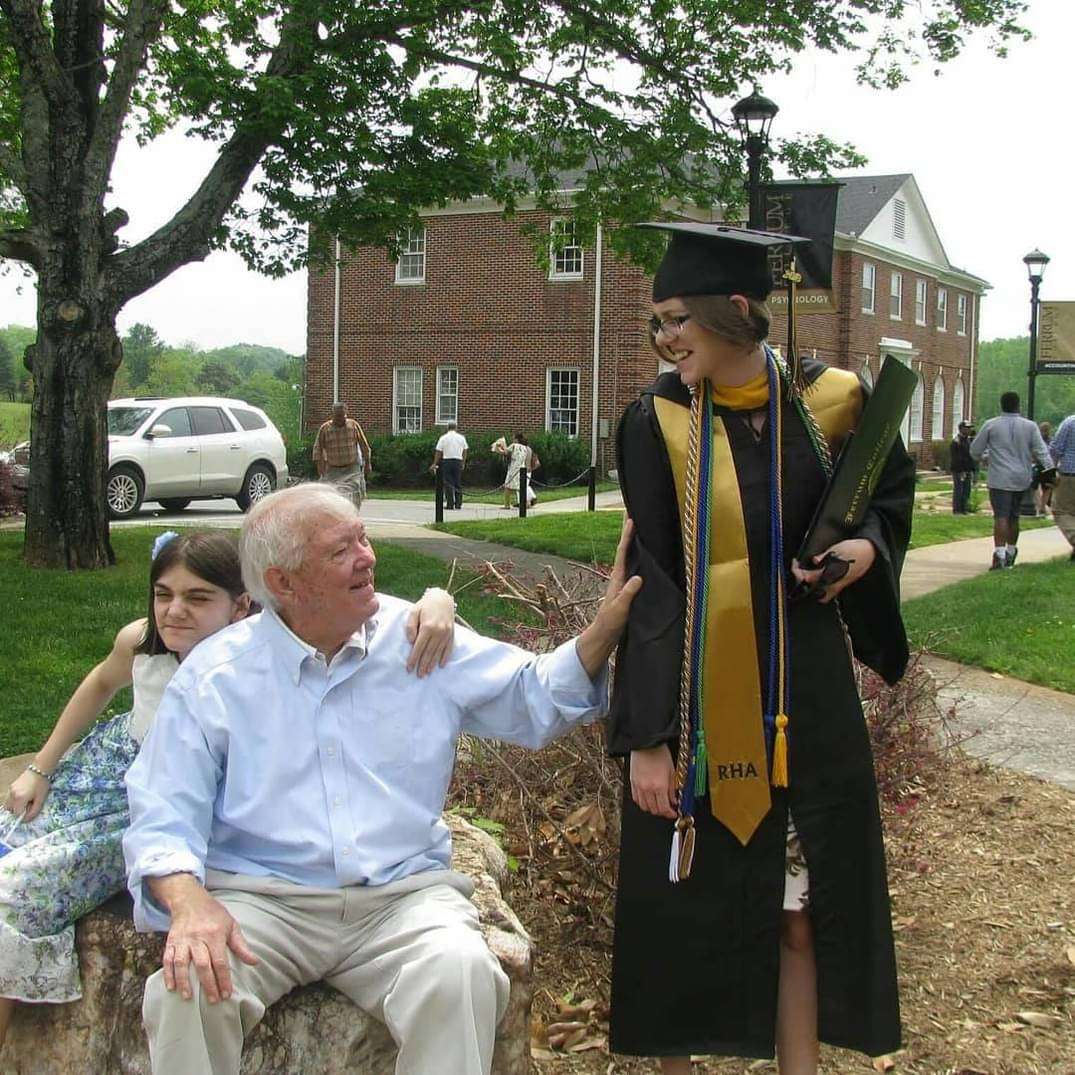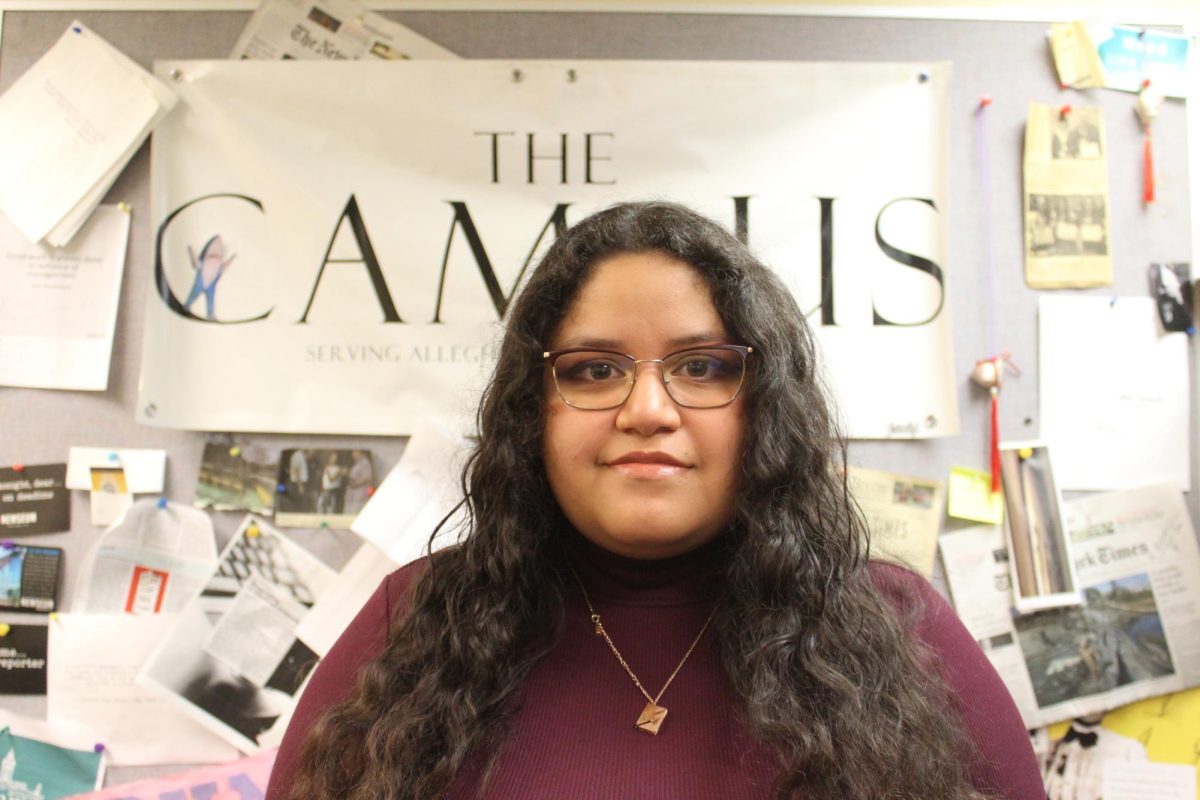Let’s be clear. “Land” and “property” aren’t synonymous. Property implies our dominance and right to do what we want while land doesn’t assume an imbalanced, exploitive relationship.
I do argue however that “land” and “property” are related regarding land ownership in the two approaches: the Westernized, colonialistic approach versus Indigenous thought. The former insists on converting “land” to “property” while the latter creates space for a reciprocal and mutually beneficial relationship between us and nature. Now one might think, what is the difference? And why should I care about it?
For starters, the toxic Western, Euro-centric perspective of land as property partly stems from philosophers. They began to cement our modern mindset of constantly developing and leaving our mark in any way and anywhere they could. Instead of letting the land be land or only taking what we need, this behavior of taking all that’s available contributes to our poor management of resources and avaricious behavior.
John Locke, a well-known philosopher, provides the foundation of the term “property” in his ignorant assertion that any untouched or “uncultivated land” is “free for individual appropriation.” Put succinctly, nature is for the taking and land requires labor for it not to be in a “state of nature.” But don’t just take Locke’s word for it; take the words of one Great Lakes colonizer who felt “puzzled” by the “savages” not gathering all the rice even though the Indigenous peoples did this as a practice of gratitude for the Thunders. 18th-century philosopher Adam Ferguson builds on this take on property. Ferguson hones in on our modern-day mindset of constant “improvement” which is part of the human condition and is a must for developing humans’ “capacity to reason.” Most of today’s societies exude the Westernized ideals of “land” concerning the entitlement of humans to nature and this need to dominate land for a better quality of living.
Figuratively and literally we capitalize on any available land. If no one’s name is on the deed, it’s available.
And yet, today we impose our privatized views of land ownership approach onto Indigenous Nations. There’s legislation to prove it. The Dawes Act proposed by U.S. Senators and enacted in 1887 embodied this philosophy and justified giving executive power to divide Indigenous reservation land into small allotments “to be parceled out to individuals.” It intended to ingrain individualism, assimilation into the U.S., and agriculture which ultimately benefited the U.S. economy.
At this point, you might be overwhelmed and ask “Well how else do we think of land?” And I would say, it’s time we relearn.
Who better to relearn from than scientist and member of the Citizen Potawatomi Nation Robin Wall Kimmerer? Her book Braiding Sweetgrass exposes readers to the more caring Indigenous relationship with the land. Instead of this power imbalance that we reinforce due to individualism and our sense of “superiority,” Kimmerer offers the concept of reciprocity and equality with the natural world. Without this relationship between us and our Earth being a two-way street, eventually, we’ll run out of road.
We can no longer just take, we must give if we want anything for the future.
Gratitude is seen through the Thanksgiving Address which the Onondaga Nation — among others — practices in place of the Pledge of Allegiance. By thanking the Earth and all that it offers, we can honor and continue in our practices to “sustain the giver as well as the taker.” Developing a sense of empathy and letting go of our desire to control will lead us to less exploitative, toxic behavior.
Through using the process of learning, unlearning and relearning, we can utilize “previous knowledge and experiences to gain a deeper understanding of a subject or skill.” But ultimately, it’s our responsibility to stay updated with alternative thoughts or approaches. It’s time we implement Gloria Evangelina Anzaldúa—a Chicanx queer theorist—and her work that uses a “mestiza consciousness” or “borderland consciousness” to “unravel the racial hierarchies of knowledge production” and uproot the West’s belief system. It’s time we, as she says, “rupture the oppressive traditions.”
In our reimagining of the relationship with the land, we’ll reimagine the relationship between the U.S. and Indigenous communities — a symbiotic one at the least. But equally important, we’ll hopefully extend our finite time on this Earth.
This article was originially written for Professor Wesoky’s POLISCI 387 Comparative Political Theory course.
Our colonial view of “property” is toxic. It’s time to unlearn and relearn our relationship with land.
Story continues below advertisement





